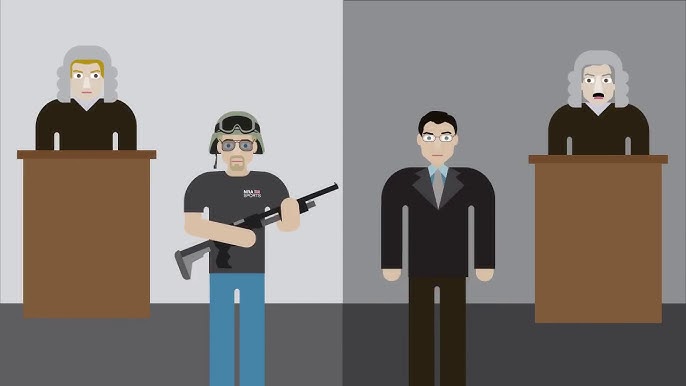Let’s talk about getting stopped by the authorities. It’s a nerve-wracking experience, and sometimes it’s hard to know what your rights are, especially when faced with a badge and a stern voice. This is exactly what happened to Ms. Mendenhall back in 1980.
Here’s the situation: Ms. Mendenhall is at the airport, minding her own business, when she’s approached by DEA agents. They ask for her ID and airline ticket. Seems simple enough, right? Well, things take a turn when they notice a mismatch between the names. Next thing you know, she’s being escorted to a DEA office for “further questioning.” She eventually consents to a search, and that’s where things get messy.
The big question that went all the way to the Supreme Court is this: Was Ms. Mendenhall really free to choose? Sure, she technically agreed to go with the agents and consented to the search. But let’s be real, how “free” are you when faced with official pressure?
The good news is, the Supreme Court in United States v. Mendenhall agreed that there are limits. The fancy legal term is “seizure,” which basically means the moment your freedom of movement is restricted. The Court said that you can be seized not just through physical force, but also by a show of authority. In other words, if a reasonable person in Ms. Mendenhall’s shoes would have felt they couldn’t leave, then she was seized.
Here’s the thing: the Court didn’t completely throw out the case. They said whether her consent was truly voluntary depended on all the circumstances. So, while Mendenhall is a win for defendants, it also creates a bit of a gray area.
So, what does this mean for you and me? If you’re ever stopped by the authorities, remember:
- You have the right to remain silent. This applies to answering questions too, not just talking about committing a crime.
- You have the right to an attorney. Don’t be afraid to ask for one, especially if things start to feel uncomfortable.
- Don’t feel pressured to consent to searches. You have the right to refuse.
Knowing your rights is crucial. Mendenhall reminds us that even if things seem calm on the surface, you might not be truly free. Stay informed, stay aware, and don’t be afraid to exercise your rights



